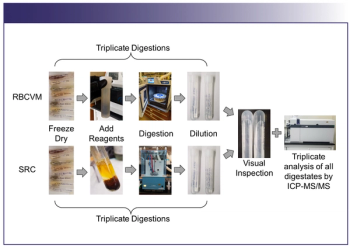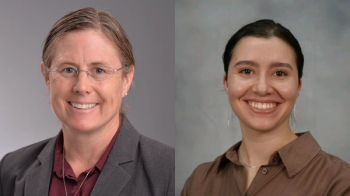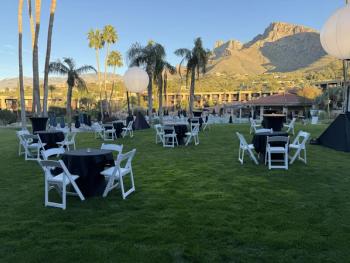
Boston University School of Medicine Collaborates With Bruker
Bruker Daltonics announced that it has established a collaboration with the Mass Spectrometry Resource laboratory at the Boston University School of Medicine.
Bruker Daltonics (Billerica, Massachusetts) has established a collaboration with the Mass Spectrometry Resource laboratory of Professor Catherine Costello at the Boston University School of Medicine (BUSM) (Boston, Massachusetts). The collaborative effort will focus on the application of high-performance ion trap mass spectrometry and Fourier transform mass spectrometry to glycomics and proteomics applications.
Professor Costello is a Research Professor of Biochemistry, Biophysics, and Chemistry, and the Director of the BUSM Center for Biomedical Mass Spectrometry. Her laboratory is a resource center sponsored by the National Institutes of Health, where mass spectrometry is applied to the study of biopolymers by local, national, and international collaborators. Professor Costello and her group are recognized internationally as experts in the analysis of the complex structures of carbohydrates and their conjugates.
Newsletter
Get essential updates on the latest spectroscopy technologies, regulatory standards, and best practices—subscribe today to Spectroscopy.




